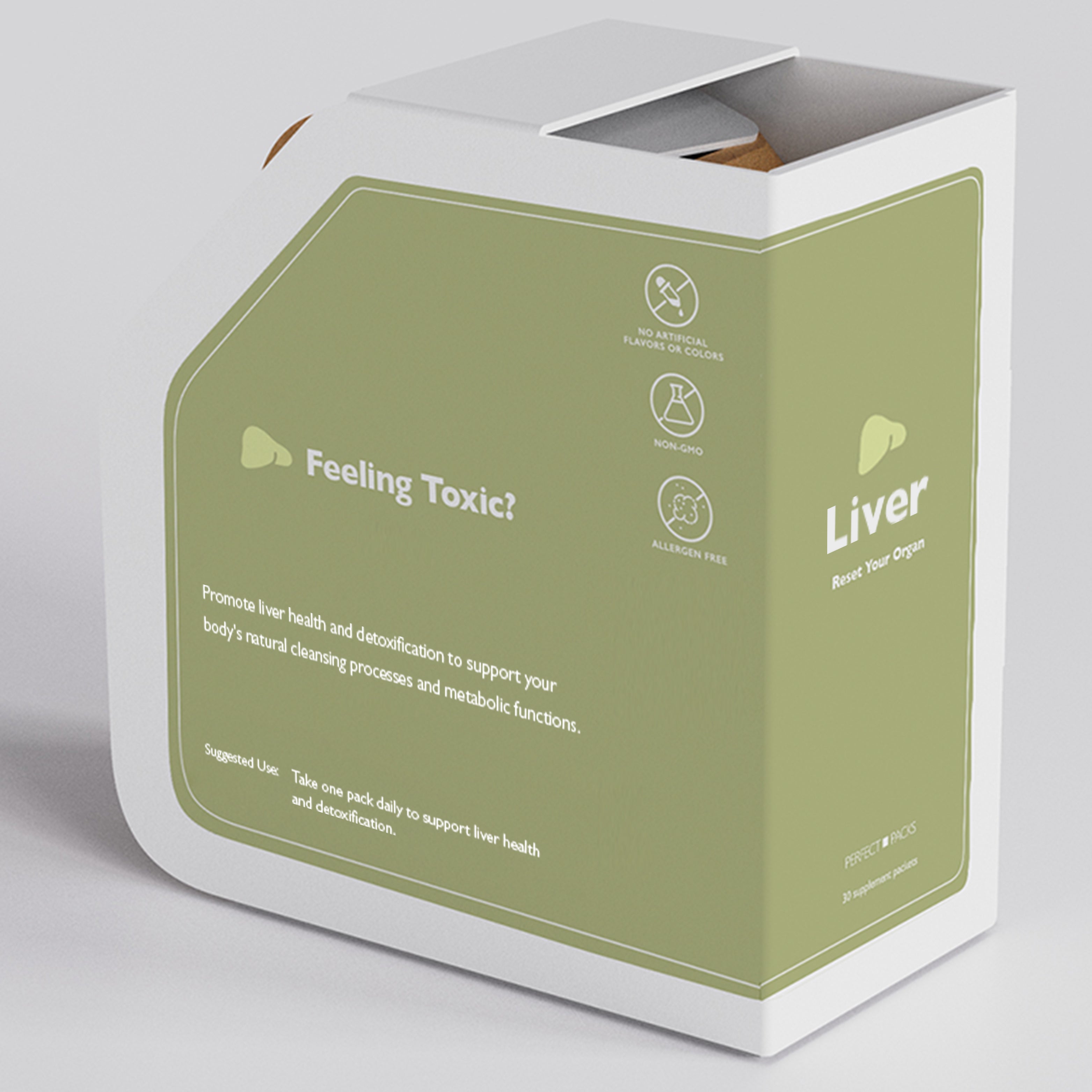While conventional medications are commonly used to manage these symptoms, there is a growing interest in the potential benefits of vitamins and supplements for allergy relief.
This article delves into how Quercetin, Probiotics, Omega-3, and Vitamin C, supplements from our Allergy Pack, can support immune function and reduce allergic reactions.
Shop Allergy Pack
Understanding Allergies and the Immune System
Allergies are the result of the immune system’s hypersensitive reaction to typically harmless substances known as allergens.
These could include pollen, pet dander, dust mites, or certain food items. When a person with allergies encounters an allergen, their immune system perceives it as a threat and mounts an aggressive response.
How the Immune Response is Triggered
1. Sensitization
The first time an allergen is encountered, the immune system produces specific antibodies called Immunoglobulin E (IgE). This process is known as sensitization.
2. Activation
Upon subsequent exposure to the same allergen, these IgE antibodies recognize it and signal the immune cells to release inflammatory substances like histamine.
3. Inflammation
Histamine and other chemicals cause the symptoms of an allergic reaction, such as swelling, inflammation, and the typical allergy symptoms like sneezing, itching, and runny nose.
The Role of Mast Cells and Basophils
Mast cells and basophils are types of white blood cells that play crucial roles in allergic reactions.
They store histamine and other chemicals in small packets called granules.
When allergens bind to IgE antibodies on these cells, they release their contents, leading to inflammation and other allergic symptoms.
Types of Allergic Reactions
-Immediate Reactions:
These occur within minutes of exposure and can include symptoms like hives, swelling, or anaphylaxis, a severe, potentially life-threatening reaction.
-Delayed Reactions:
These can take several hours or even days to manifest and are often seen in cases like contact dermatitis or some types of food allergies.
Factors Influencing Allergic Reactions
-Genetic Predisposition:
Allergies can run in families, suggesting a genetic component to the risk of developing allergic diseases.
-Environmental Exposure:
Exposure to allergens at certain times when the body’s defenses are low or in significant amounts can trigger sensitization and subsequent allergic reactions.
-Hygiene Hypothesis:
This theory suggests that a lack of early childhood exposure to infectious agents, symbiotic microorganisms (such as the gut flora), and parasites increases susceptibility to allergic diseases by suppressing the natural development of the immune system.
The Complex Interplay of Allergies and the Immune System
Understanding the complex interplay between allergens and the immune system is crucial for developing effective strategies to manage allergies.
By recognizing how the body reacts to allergens and what factors can influence these reactions, individuals can better prepare and respond to their own allergic challenges.
This knowledge is also foundational when considering supplementing with vitamins and nutrients to potentially modulate these immune responses and reduce allergy symptoms.
Quercetin: A Natural Antihistamine and Anti-Inflammatory
Quercetin, a flavonoid found in fruits, vegetables, and grains, is renowned for its antioxidant and anti-inflammatory properties.With a typical recommendation of around 500 mg, it works by stabilizing the release of histamines from certain immune cells, thereby mitigating allergy symptoms.
Studies suggest that quercetin can help manage a range of inflammatory health issues, including allergies, by inhibiting enzymes involved in inflammation and suppressing inflammatory pathways.
Benefits of Quercetin for Allergies:
-Histamine Control:Quercetin helps regulate the body’s histamine production, potentially reducing allergy symptoms.
-Antioxidant Support:
As an antioxidant, quercetin can neutralize free radicals, reducing oxidative stress that may exacerbate allergies.
Probiotics: Balancing Gut Health for Immune Support
Probiotics are live bacteria and yeasts that are beneficial for digestive health. The 'Complete Probiotic 500 mg' in the Allergy Pack is a vegan, spore-forming probiotic that supports not only the intestinal health but also the immune system.By balancing the flora in the mucous membranes, probiotics can play a crucial role in maintaining an immune system that reacts appropriately to allergens, rather than with an overblown allergic response.
Benefits of Probiotics for Allergies:
-Immune Modulation:
Probiotics can help modulate the immune system, improving the balance between the body’s natural immune responses and its reaction to allergens.
-Gut-Health Improvement:
A healthy gut flora is linked to improved overall health, including a better-regulated immune system.
Omega-3 Fatty Acids: Anti-Inflammatory Powerhouses
The Vegan Omega-3 supplement, often derived from plant sources like algae, is rich in fatty acids known for their anti-inflammatory effects.
The omega-3 acids can reduce the inflammation associated with allergic reactions and improve cardiovascular health.
The molecular distillation process ensures that these supplements are free from harmful contaminants like PCBs, dioxins, pesticides, and heavy metals, enhancing safety and bioavailability.
Benefits of Omega-3 for Allergies:
-Reduced Inflammation:
Omega-3 fatty acids can significantly decrease inflammatory responses in the body.
-Cardiovascular Health:
Alongside allergy relief, omega-3s improve heart health, reducing the risk of heart diseases.
Vitamin C: More Than Just an Immune Booster
Vitamin C is crucial for the overall health of the immune system.
At a dosage of 1000 mg, it supports the production of collagen, connective tissues, bones, cartilage, and red blood cells.
Furthermore, Vitamin C strengthens the immune system's functions, which can be particularly beneficial for those suffering from allergies.
Benefits of Vitamin C for Allergies:
-Immune System Strengthening:
A robust immune system can better manage and fend off allergic reactions.
-Antioxidant Properties:
Vitamin C also acts as an antioxidant, reducing oxidative stress and inflammation related to allergies.
Integrating Supplements into Your Allergy Management Plan
While these supplements show promise in managing allergy symptoms and improving overall health, it's essential to approach them as part of a broader allergy management strategy.
Maintain a Balanced Diet: Supplements should complement a well-rounded diet rich in fruits, vegetables, and whole grains.
Try to avoid inflammatory foods such as alcoholic beverages and other known irritants like processed sugars and unhealthy fats.
Consider Lifestyle Changes: Alongside supplements, consider lifestyle changes such as using air purifiers, regularly cleaning your living environment, and avoiding known allergens.
Conclusion
Vitamins and supplements like Quercetin, Probiotics, Omega-3, and Vitamin C offer promising benefits for individuals suffering from allergies by supporting immune function and reducing inflammation.
By integrating these supplements into daily life, allergy sufferers can potentially experience significant relief and improved quality of life. Always remember, the key to effective allergy management is a holistic approach that combines these elements with professional medical advice.












Leave a comment